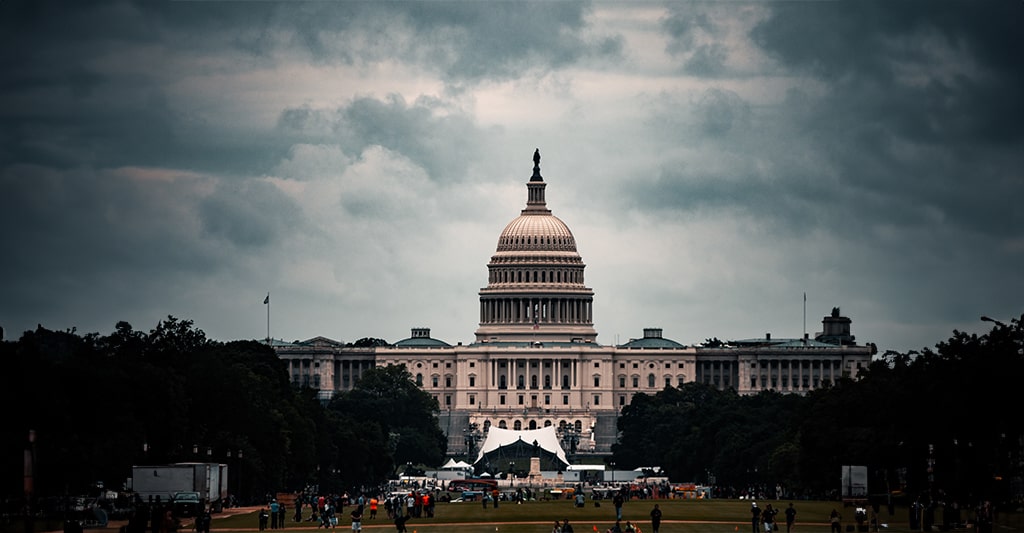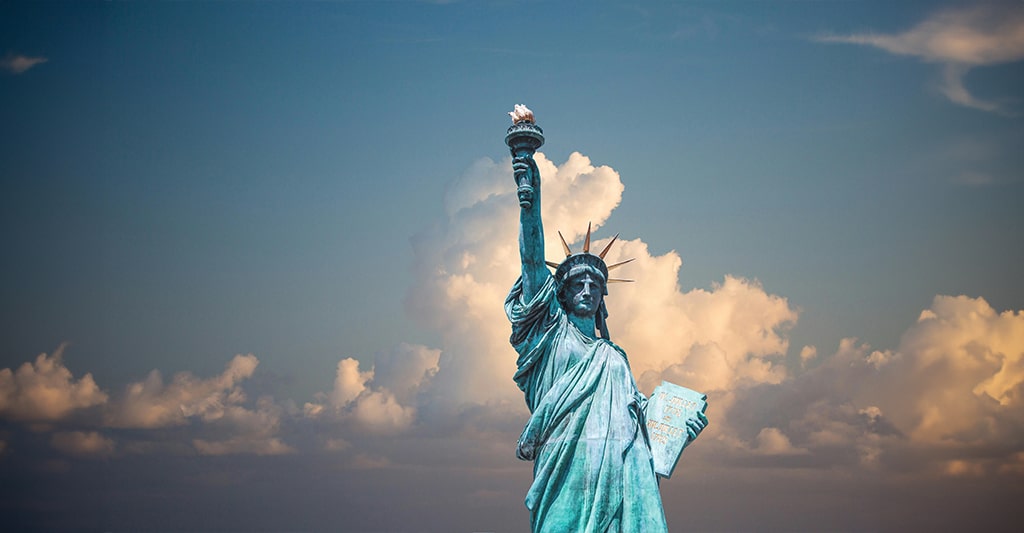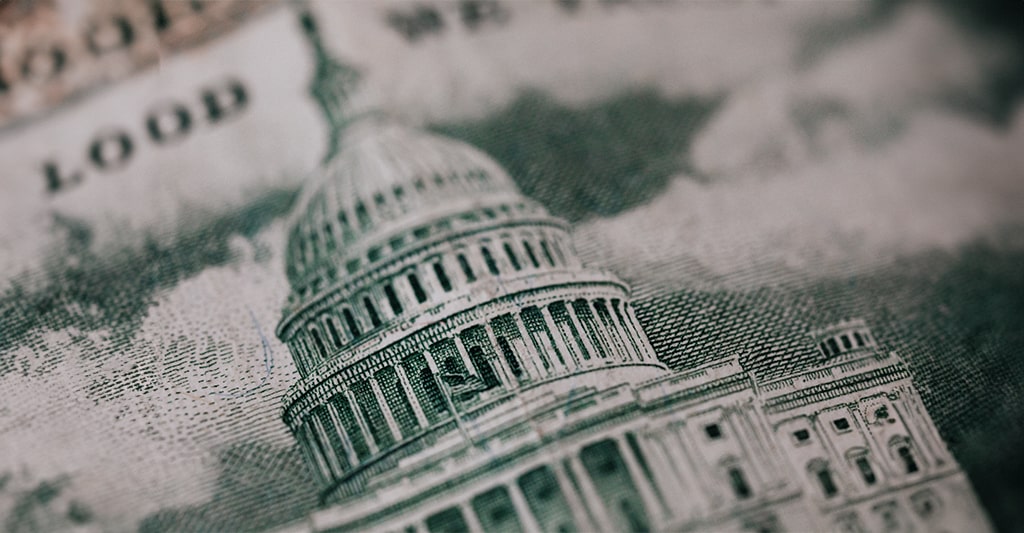
Reports of US Dollar Demise Might Be Wishful Thinking
Despite ongoing discussions about the potential decline of the US Dollar and the rise of the Renminbi as a global reserve currency, the reality is that the US Dollar continues to dominate international finance and trade. Economic data consistently reaffirms the enduring strength of the US Dollar, creating a perplexing and contentious situation for countries like China, Russia, and Iran, which aspire to diminish the Dollar’s supremacy in the global reserve currency hierarchy.
The United States possesses an unmatched capacity to produce liquid and secure assets, making it challenging for any other economy to compete on the same scale. China, in particular, has actively advocated for the increased adoption of the Renminbi while urging countries to reduce their dependence on the US Dollar. However, geopolitical tensions, especially between China and the US, coupled with US sanctions on Russia, have impacted these efforts.
A report from the Official Monetary and Financial Institutions Forum (OMFIF), a UK-based central bank think-tank, indicates that 30% of reserve banks anticipated increasing their holdings of Renminbi last year. However, this year, that figure has dropped to 13%, partly due to geopolitical tensions. The OMFIF data reveals that reserve banks managing a combined total of $5 trillion in assets expect a gradual decline in the USD Dollar’s share of global reserves.
As of now, the US Dollar constitutes 58% of global reserves, and the collective wisdom of reserve banks suggests this figure will decrease to 54% by 2033. While 6% of reserve banks plan to reduce their USD exposure in the coming years, 10% intend to increase it. However, by 2033, a net 6% of reserve banks anticipate reducing their exposure to the US Dollar.
In the current landscape, the US Dollar appears secure as the world’s primary reserve currency, with potential challenges stemming mainly from decisions made by the US government itself. Despite the seemingly secure position of the Dollar, historical events like the 2007-2009 global financial crisis and recent instances of US banks requiring bailouts underscore the need for caution. The US government should be mindful of the potential consequences of overbearing actions, such as using the Dollar as a diplomatic tool. Unilateral decisions could strain relationships with allies, turning them into adversaries and making it more challenging for the United States to promote its values to countries aligned with BRICS, which advocate a shift away from the US Dollar.




